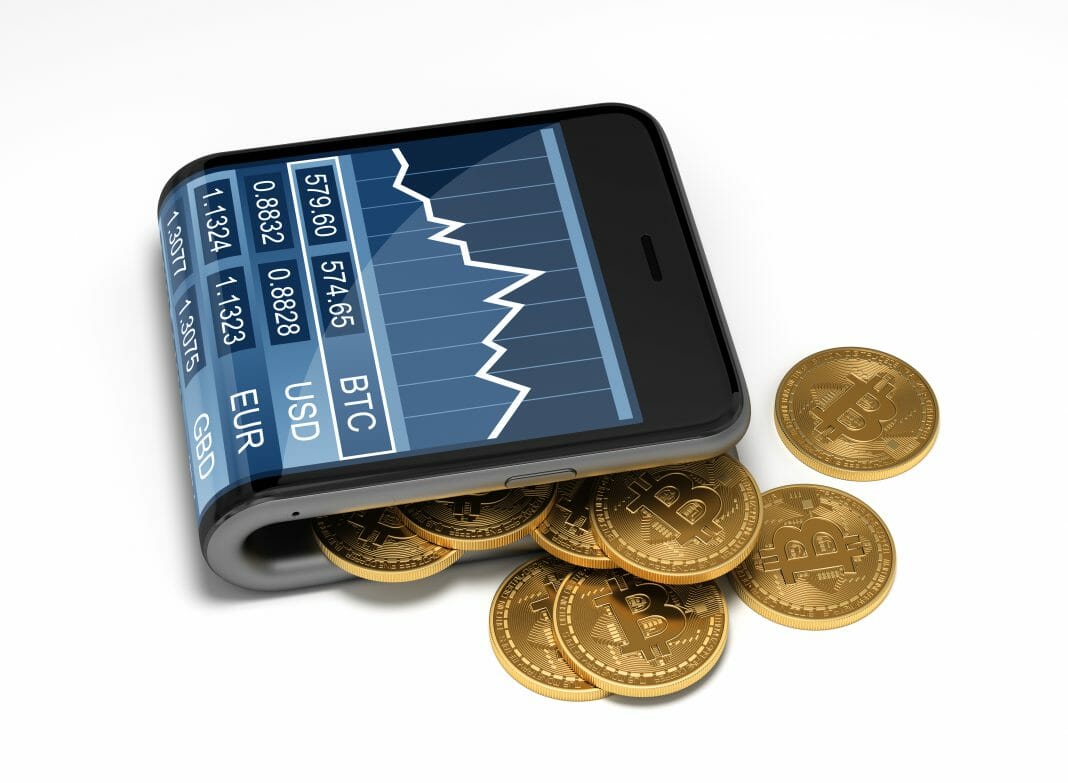“Hot Wallets vs. Cold Wallets” is a popular discussion in the crypto market.
“Hot” and “cold” wallets (hot wallets and cold wallets) refer to different solutions for storing cryptocurrencies. The names simply infer the connectivity status of the wallet to the Internet.
Cryptocurrency wallets are getting better every day. Modern variations allow for the storage of a wide variety of coins. Not all cryptocurrencies are listed on all major exchanges. By using a good cryptocurrency wallet, you can easily manage your investment portfolio.
What a Hot Wallet is
Hot wallets are digital cryptocurrency wallets that need an Internet connection to work. Cold wallets are physical devices that contain cryptocurrencies. They are not connected to the Internet. This makes it less prone to hacker attacks or technical failures.
Hot wallets are connected to a web server. Technically, this means that the owner of one can buy cryptocurrencies and NFTs from anywhere in the world, as long as they have an internet connection.
It is easy to understand the appeal of cryptocurrency hot wallets. On the one hand, these are usually free and can be downloaded from the Internet. They are also easy to use and are preferred by day traders. Someone who trades extensively throughout the day may simply not want to move funds in and out of cold wallets.
The downside of hot wallets is that they are not as secure as cold wallets. The risks involved with software bugs are enough to keep some crypto users away.
Cold Wallets
Cold wallets are the preferred option for many security-conscious cryptocurrency users. A cold wallet does not have an Internet connection. Any piece of hardware specifically designed to store cryptocurrency can be a cryptocurrency wallet. Many of them are variations of USB sticks.
Cold storage wallets are generally very secure. A cold wallet is generally not accessible to anyone without the necessary security information. Also, these devices are usually quite small. Cryptocurrency users should have no problem carrying them around in their pockets.
Cold wallet options include paper wallets, physical Bitcoin items, and offline computers that store cryptocurrencies. Reputable exchanges try to compete with these by offering cold storage options as well as hardware devices.
Hot vs. Cold Wallets: That’s the Question
Hot wallets are easier to use and often connect to crypto exchanges. This makes it easier to transfer your assets than with a cold wallet. In general, it is safe for day traders and those who do not work with colossal amounts of cryptocurrencies.
Cold wallets do not have internet connectivity and as such are the most secure option. They are easy to carry. And because they can regularly feature a wide range of crypto, it’s easy to manage your portfolio.
Cryptocurrency investors need to worry about where and how they store their digital assets. However, the choice between hot wallets and cold wallets should be made according to the unique requirements of a crypto user. If you are looking to store your cryptocurrency securely, a cold wallet may be the best option. If you are looking for comfort and don’t mind the risk, cold wallets are also an option.
Whatever your choice, it is certain that given the rise of Blockchain technology, you will be spoiled for choice.
By Audy Castaneda











